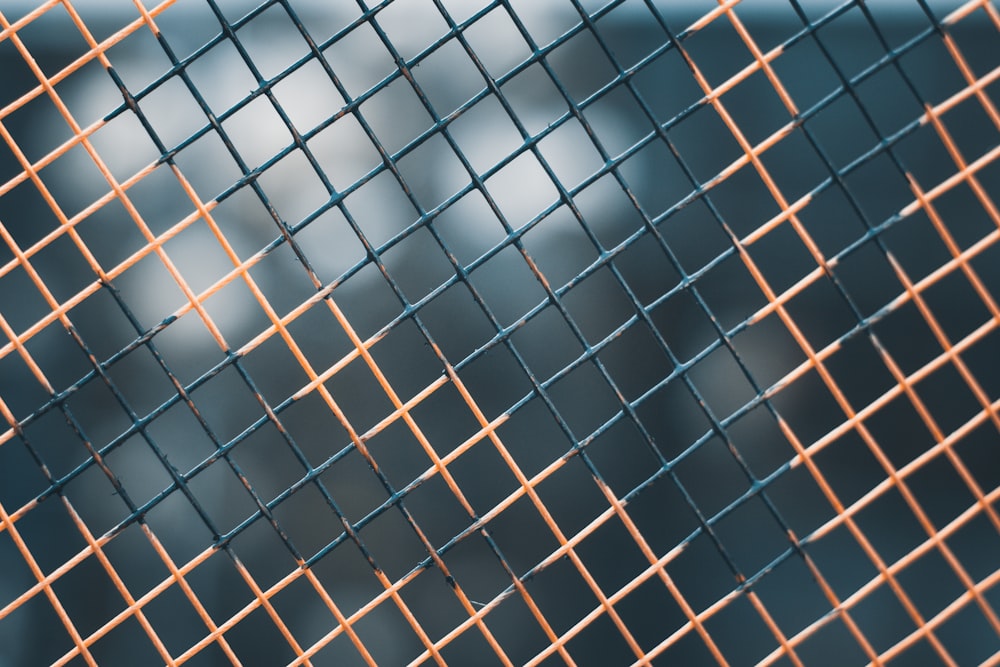Exploring Hernia Mesh Lawsuits: Legal Insights
Hernia mesh lawsuits have become increasingly common in recent years, with many individuals experiencing complications after undergoing hernia repair surgery. Understanding the legal considerations surrounding these lawsuits is essential for anyone affected by hernia mesh complications.
Legal Basis for Hernia Mesh Lawsuits
Hernia mesh lawsuits typically arise from allegations of product defects, negligence, or failure to warn on the part of manufacturers. Individuals who have suffered complications such as mesh migration, infection, chronic pain, or organ perforation may seek legal recourse against the manufacturers of the hernia mesh devices.
Product Liability Claims
Product liability is a key legal concept in hernia mesh lawsuits. Manufacturers have a legal obligation to ensure that their products are safe for their intended use and free from defects. If a hernia mesh device is found to be defective or unreasonably dangerous, individuals harmed by the device may pursue product liability claims against the manufacturer.
Medical Malpractice Allegations
In some cases, hernia mesh lawsuits may involve allegations of medical malpractice against the surgeons who performed the hernia repair surgery. Surgeons have a duty to exercise reasonable care and skill when performing surgical procedures. If a surgeon’s negligence or incompetence leads to complications with the hernia mesh device, the affected individual may have grounds for a medical malpractice claim.
Failure to Warn Claims
Manufacturers of hernia mesh devices also have a duty to provide adequate warnings and instructions regarding the risks associated with their products. If a manufacturer fails to warn healthcare providers and patients about potential risks and complications associated with the use of their hernia mesh devices, they may be held liable for any resulting harm under failure to warn claims.
Legal Considerations for Plaintiffs
Individuals considering filing a hernia mesh lawsuit should be aware of several legal considerations. First, they must ensure that they meet the applicable statute of limitations, which sets a time limit for filing a lawsuit after the injury occurred. Additionally, they should gather medical records, documentation of their injuries, and other evidence to support their claims.
Class Action vs. Individual Lawsuits
Hernia mesh lawsuits may take the form of individual lawsuits filed by affected individuals or class action lawsuits involving multiple plaintiffs with similar claims against a common defendant. Each approach has its advantages and disadvantages, and individuals should consult with an experienced attorney to determine the best course of action for their particular circumstances.
Compensation and Damages
In hernia mesh lawsuits, plaintiffs may seek compensation for various damages, including medical expenses, lost wages, pain and suffering, and punitive damages in cases involving egregious misconduct by manufacturers or healthcare providers. An experienced attorney can help plaintiffs assess the value of their claims and pursue maximum compensation for their injuries.
Navigating the Legal Process
The legal process for hernia mesh lawsuits can be complex and challenging to navigate. Plaintiffs may encounter procedural hurdles, legal defenses raised by defendants, and the need for expert testimony to establish liability and damages. Having a knowledgeable attorney by their side can greatly enhance plaintiffs’ chances of success in their lawsuits.
Conclusion
In conclusion, understanding the legal considerations surrounding hernia mesh lawsuits is crucial for individuals affected by complications from hernia repair surgery. By recognizing the legal basis for hernia mesh lawsuits, understanding their rights as plaintiffs, and navigating the legal process with the guidance of experienced attorneys, individuals can seek justice and compensation for their injuries. Read more about hernia mesh litigation

